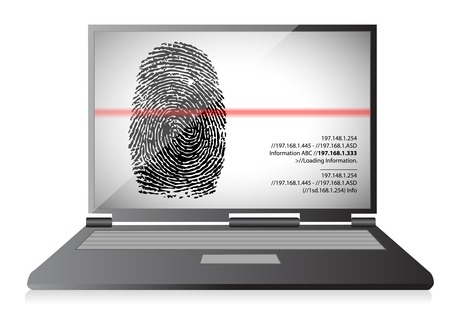What’s one billion? That’s about the number of possible permutations of the Social Security number. Which begs the question: What happens to an SSN when someone kicks the bucket?

Currently, SSN’s are never repeated when they’re issued by the Social Security Administration. As of June 2011, the SSA made the issuance entirely random (previously, for example, the first three numbers were determined by place of birth).
With nearly a billion permutations, there’s no point in any number surviving the holder’s death and being reissued. Now in theory, the combinations will eventually run out, because eventually, a billion people will have been born in the United States. But this isn’t exactly in the near future. Why worry?
Nevertheless, some people like to plan way ahead. Maybe this scenario can be mitigated with a 10-digit number. Maybe numbers will stay at nine but be recycled. But for now, your number is as unique as your DNA. But, unlike DNA, a SSN can be used fraudulently.
The three credit bureaus maintain a list of the deceased based on data from the Social Security Administration’s Death Master File Index . Sometimes it takes months for bureaus to update their databases with the Social Security Administration’s Death Master File Index.
Here’s how to avoid identity theft of the deceased:
- Report the death yourself by calling the Social Security Administration at 1-800-772-1213.
- Contact the credit bureaus directly to report a death and request the information to be recorded immediately.
- Right now, before anyone perishes, get the person a credit freeze. Upon death (as in life), the person’s Social Security number will be useless to the thief.
- Invest in identity theft protection. This is a layer of security that monitors one’s information, including Social Security number, in the wild. Have it activated for six months to a year after death.
- The Identity Theft Resource Center suggests , “Immediately notify credit card companies, banks, stockbrokers, loan/lien holders and mortgage companies of the death. The executor or surviving spouse will need to discuss all outstanding debts. If you close the account, ask them to list it as: ‘Closed. Account holder is deceased.’ If there is a surviving spouse or other joint account holder, make sure to notify the company the account needs to be listed in that surviving person’s name alone. They may require a copy of the death certificate to do this, as well as permission from the survivor.”
Robert Siciliano is an identity theft expert to BestIDTheftCompanys.com discussing identity theft prevention .


